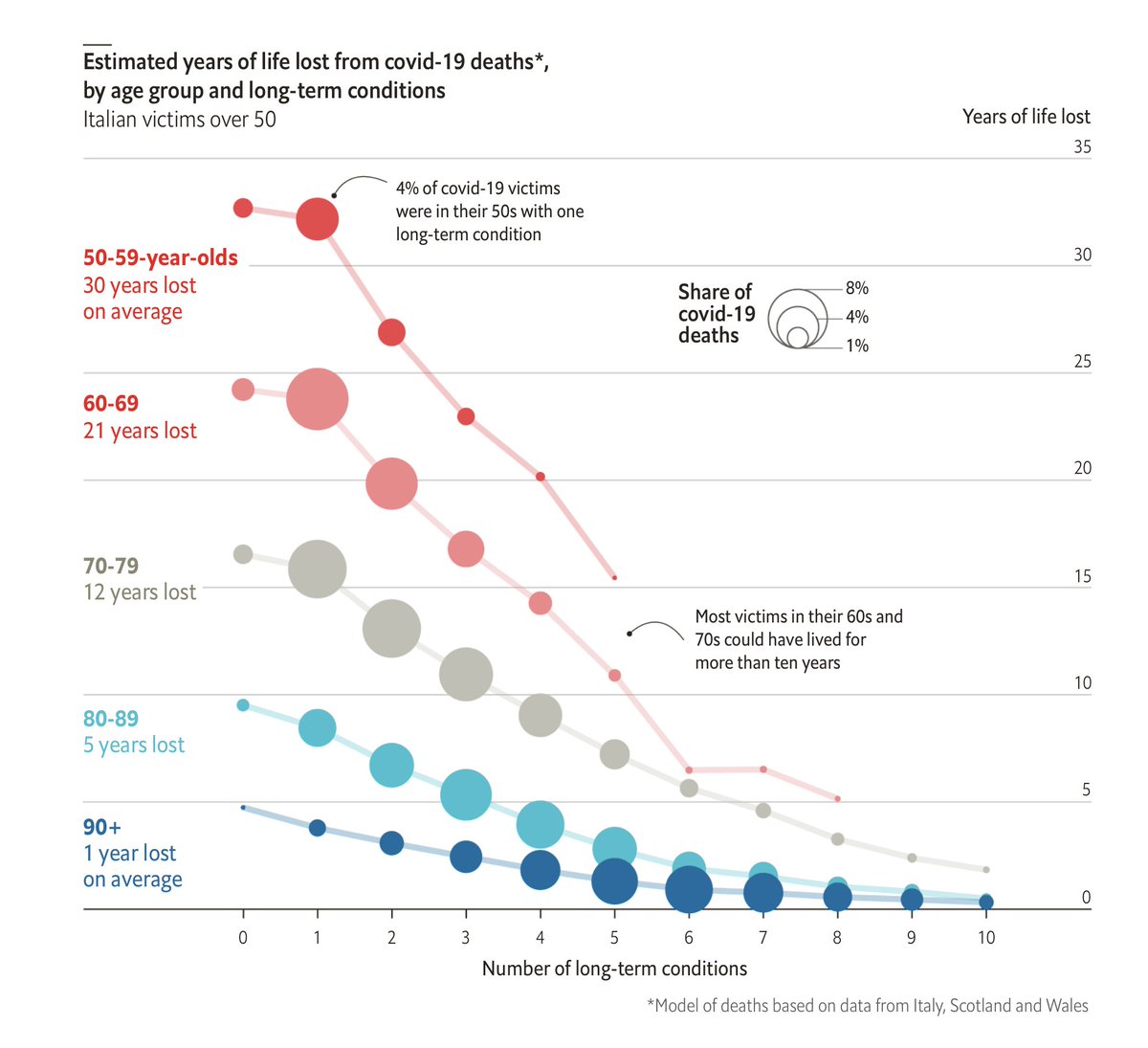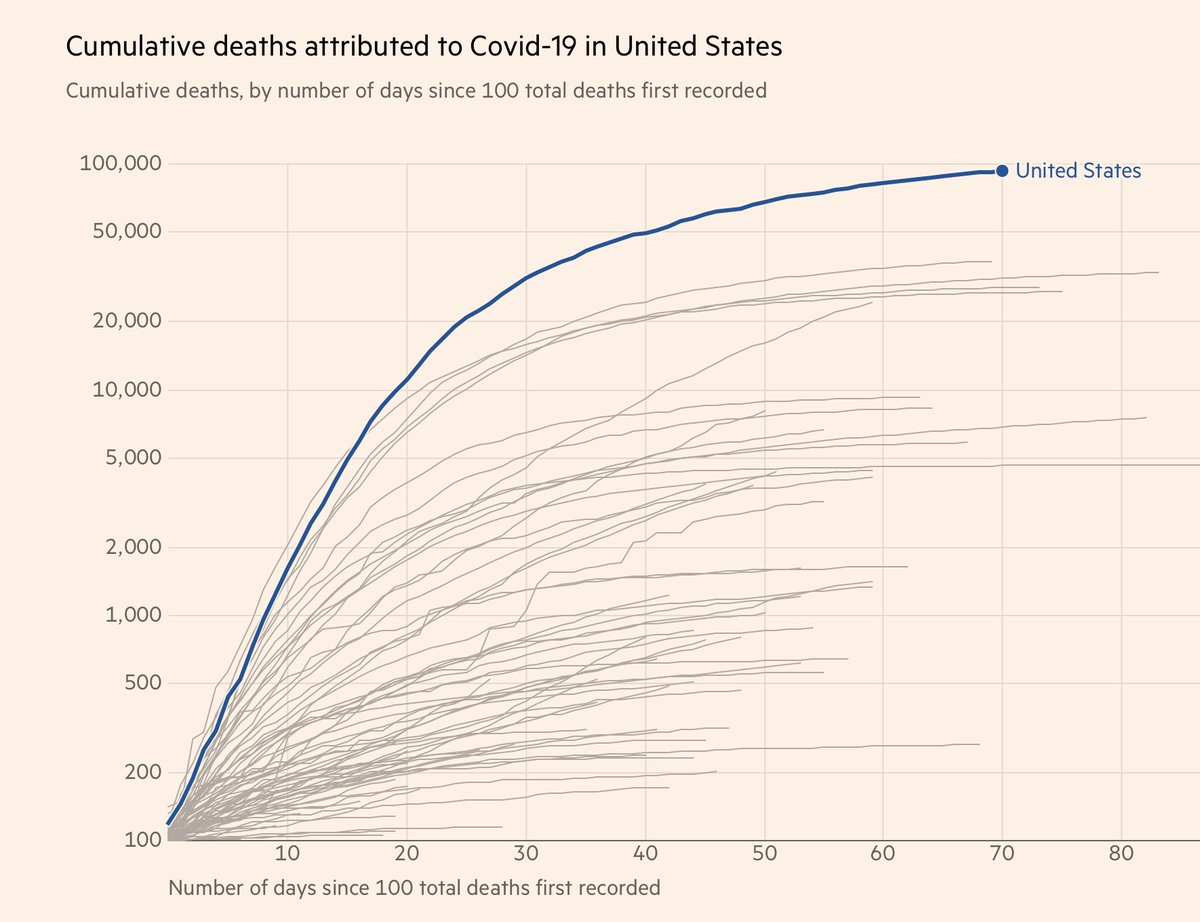
MyGeneRank
@mygenerank
A research study App that allows you to gain more insight into your genetic risk profile using your 23andMe data
ID: 821426032779534336
https://mygenerank.scripps.edu/ 17-01-2017 18:36:42
119 Tweet
327 Followers
23 Following



Healthcare consumerization is forging a new model of genetic testing businessinsider.com/new-model-gene… via Business Insider





Interesting new partnership between Kroger and Myriad Genetics businessinsider.com/kroger-brings-… via Business Insider

"We show that polygenic risk scores have substantial potential for risk stratification for relatively common cancers such as breast, prostate and colon." biorxiv.org/content/10.110… Analysis of common genomic variants for 14 types of #cancer, by Yan Zhang Johns Hopkins Bloomberg School of Public Health et al


Johns Hopkins Bloomberg School of Public Health Impressive paper on genomics of common medical conditions: "For most complex traits, the genes & loci with the most critical biological effects often differ from those with the strongest common-variant associations" cell.com/ajhg/fulltext/… AJHG by Luke O'Connor & colleagues



Yesterday was #WorldHeartDay so it’s just as good a time as any to find out your genetic risk for heart disease using the MyGeneRank app #heartdisease #genetictesting #polygenicriskscore



Nice highlight of our MyGeneRank collaboration with @myDNAfeed to bring genetic counseling to polygenic risk prediction. This is the model to scale reactive genetic testing to proactive population screening. genomeweb.com/informatics/dn…

It's not just the loss of lives. It's the average 10-11 years that each of those dying have lost. "The study shows ... people killed by #COVID19 had only slightly higher rates of underlying illness than everyone else their age." economist.com/graphic-detail… The Economist Data Team



On the day that the United States reached the 100,000 death toll by CSSE at JHU: All in < 90 days. (February 28th was the 1st) The country stands alone in the world —not just on this graph of loss of American lives—but also as the only country with no plan.




